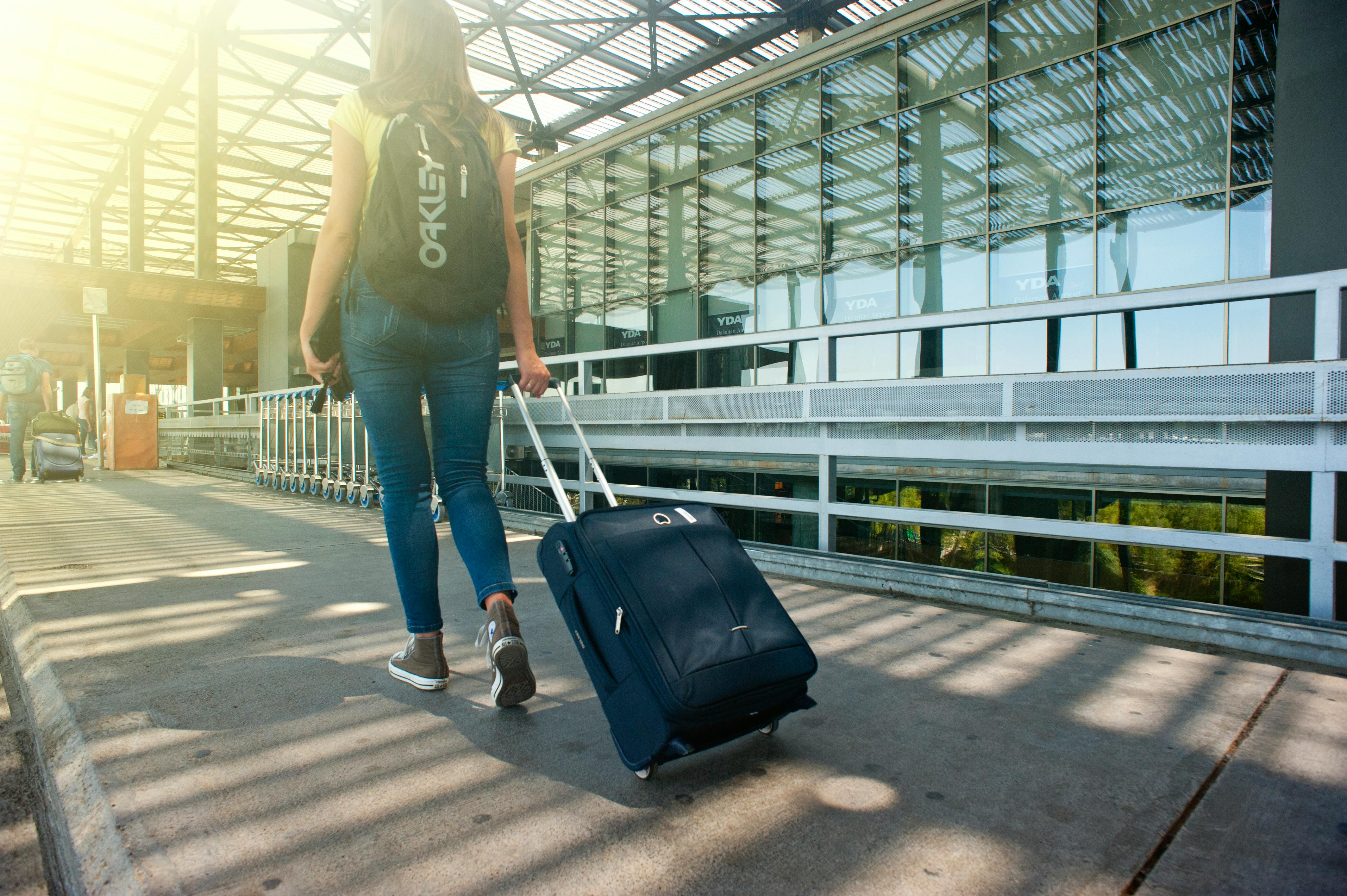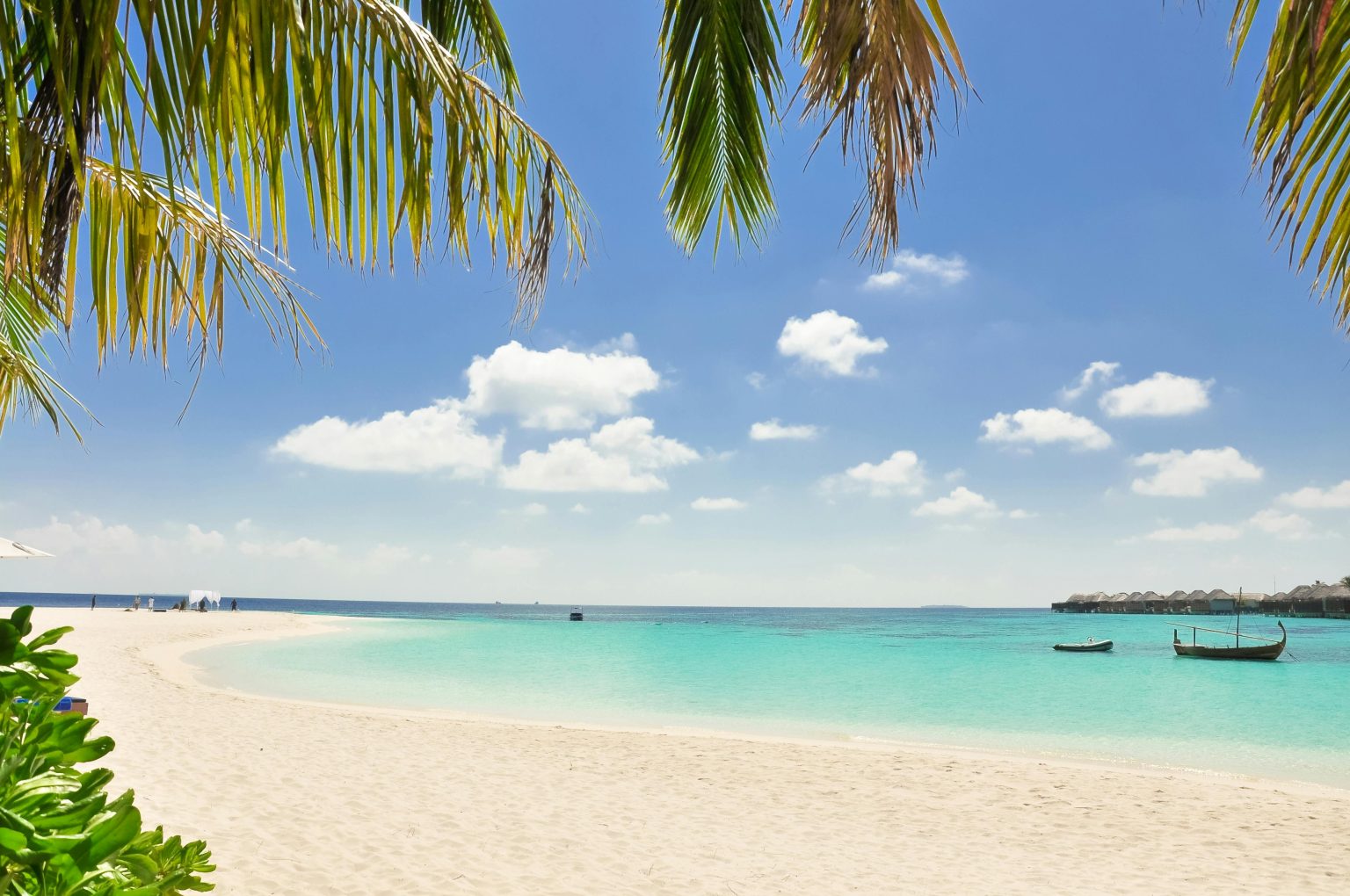In an era where climate change concerns are at the forefront of global consciousness, travelers are increasingly seeking ways to explore the world while minimizing their environmental impact. Sustainable Adventures isn’t just a trend—it’s a responsibility that every conscious explorer should embrace. This comprehensive guide will help you discover how to satisfy your wanderlust while protecting the planet for future generations.

Understanding Sustainable Adventures
Sustainable tourism goes beyond simply reducing your carbon footprint. It encompasses environmental protection, cultural preservation, and economic benefits for local communities. According to the United Nations World Tourism Organization, sustainable tourism should meet the needs of present tourists while protecting and enhancing opportunities for the future.
The travel industry accounts for approximately 8% of global greenhouse gas emissions, making it crucial for travelers to adopt more sustainable practices. By implementing eco-friendly travel strategies, we can significantly reduce this impact while still enjoying meaningful travel experiences.
Transportation: Making Greener Choices
Choose Sustainable Transportation Options
Prioritize Overland Travel When possible, opt for trains, buses, or electric vehicles instead of flights. Rail travel produces up to 90% fewer emissions than flying for the same distance. For European adventures, consider the extensive rail network that connects major cities efficiently and comfortably.

Fly Smart When Necessary When flying is unavoidable:
- Choose direct flights to reduce fuel consumption
- Select economy class (business class has a larger carbon footprint per passenger)
- Pack light to reduce aircraft weight
- Consider carbon offset programs through verified providers
Embrace Local Transportation Once at your destination, use public transportation, rent bicycles, or walk whenever possible. Many cities offer excellent bike-sharing programs and comprehensive public transit systems that provide authentic local experiences while reducing emissions.
Accommodation: Staying Green
Select Eco-Certified Accommodations
Look for hotels and lodges with recognized environmental certifications such as:
- LEED (Leadership in Energy and Environmental Design)
- Green Key
- EarthCheck
- Rainforest Alliance
These certifications ensure properties meet strict environmental standards regarding energy efficiency, water conservation, and waste management.

Consider Alternative Accommodations
Eco-Lodges and Green Hotels Many destinations now offer eco-lodges that operate entirely on renewable energy, use locally sourced materials, and contribute directly to conservation efforts.
Home Sharing and Local Stays Platforms like Airbnb often have lower environmental impacts than large hotels, especially when staying in existing residential buildings. This option also provides more authentic cultural experiences.
Packing Smart: The Minimalist Approach
Essential Eco-Friendly Packing Tips
Travel Light Pack only essentials to reduce transportation emissions. A lighter suitcase means less fuel consumption during transport.
Bring Reusable Items
- Reusable water bottle with filtration system
- Bamboo or metal straws
- Reusable shopping bags
- Rechargeable batteries
- Solar-powered chargers
Choose Sustainable Products
- Biodegradable toiletries
- Reef-safe sunscreen
- Organic cotton clothing
- Multi-purpose items to reduce quantity

Destination Activities: Responsible Exploration
Support Local Communities
Choose Local Guides and Businesses Hiring local guides and supporting locally-owned restaurants, shops, and tour operators ensures your tourism dollars directly benefit the community you’re visiting.
Participate in Conservation Activities Many destinations offer volunteer opportunities such as:
- Beach cleanups
- Wildlife monitoring
- Reforestation projects
- Community development initiatives
Respect Natural Environments
Follow Leave No Trace Principles
- Stay on designated trails
- Pack out all trash
- Respect wildlife by maintaining safe distances
- Don’t remove natural souvenirs like shells or rocks
Choose Responsible Wildlife Experiences Avoid attractions that exploit animals. Instead, visit ethical wildlife sanctuaries, national parks, and conservation centers that prioritize animal welfare and habitat protection.
Water and Energy Conservation
Mindful Resource Usage
Water Conservation Strategies
- Take shorter showers
- Reuse towels and linens
- Use refillable water bottles
- Choose accommodations with water-saving initiatives
Energy Efficiency Practices
- Turn off lights, air conditioning, and electronics when leaving your room
- Use natural lighting when possible
- Unplug chargers when not in use
- Choose accommodations with renewable energy sources

Sustainable Dining and Shopping
Eat Like a Local
Choose Local and Seasonal Foods Eating locally sourced, seasonal foods reduces transportation emissions and supports local farmers. Visit farmers’ markets, local restaurants, and street food vendors for authentic culinary experiences.
Reduce Food Waste
- Order appropriate portions
- Take leftovers when possible
- Choose restaurants with sustainable practices
Responsible Shopping
Buy Meaningful Souvenirs
- Purchase handmade items from local artisans
- Avoid products made from endangered species
- Choose items that support local communities
- Consider experiences over material goods
Technology and Digital Solutions
Leverage Green Technology
Digital Documentation Use digital tickets, maps, and guidebooks instead of printed versions. Many travel apps provide offline functionality, reducing the need for paper materials.
Carbon Tracking Apps Utilize applications that help monitor and offset your travel carbon footprint, such as:
- MyClimate
- Carbonfund.org
- TripIt (for tracking emissions)
Planning Your Eco-Friendly Adventure
Research and Preparation
Choose Sustainable Destinations Research destinations that prioritize sustainability and have strong environmental protection policies. Consider visiting places during shoulder seasons to reduce overtourism impacts.
Plan Longer Stays Instead of multiple short trips, plan longer stays in fewer destinations. This approach reduces transportation emissions while allowing for deeper cultural immersion.

The Future of Sustainable Travel
The travel industry is rapidly evolving to meet growing environmental concerns. Innovations in sustainable aviation fuels, electric aircraft, and carbon capture technologies promise even greener travel options in the future. As conscious travelers, our choices today influence these developments and encourage continued progress toward sustainable tourism.
Conclusion
Eco-friendly travel doesn’t mean sacrificing comfort or adventure—it means making thoughtful choices that protect the destinations we love to visit. By implementing these sustainable travel practices, you contribute to environmental conservation, support local communities, and help preserve incredible destinations for future generations.
Every small action counts, from choosing a reusable water bottle to selecting eco-certified accommodations. As more travelers embrace sustainable practices, we collectively create a positive impact that extends far beyond our individual journeys.
Start planning your next eco-friendly adventure today, and discover how sustainable travel can enhance rather than diminish your travel experiences. For more travel inspiration and tips, visit BongNest Eco-Travel and join the growing community of conscious explorers making a difference one trip at a time.
Remember, the best travel experiences come from connecting with places and people in meaningful, respectful ways. When we travel sustainably, we don’t just see the world—we help preserve it.


